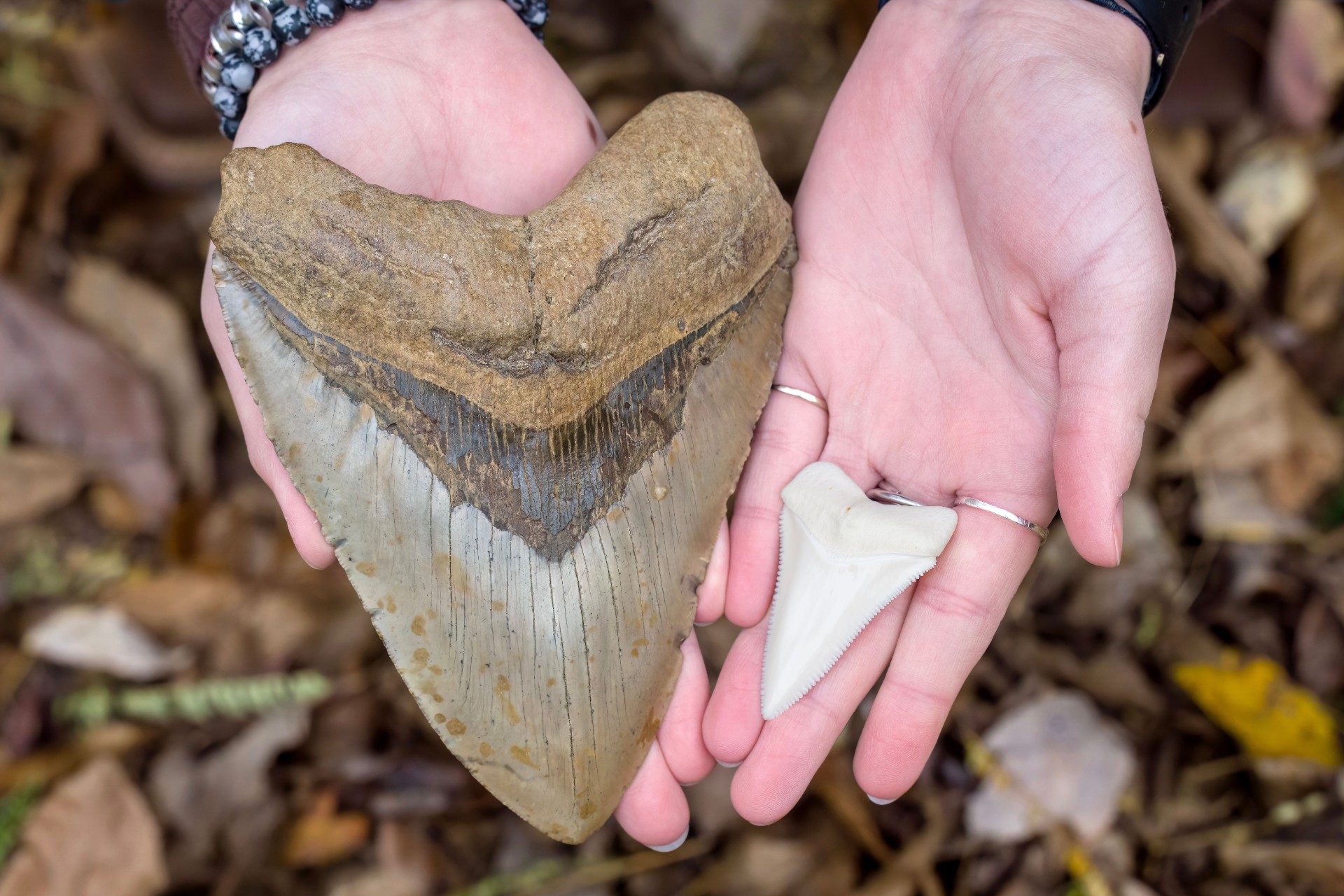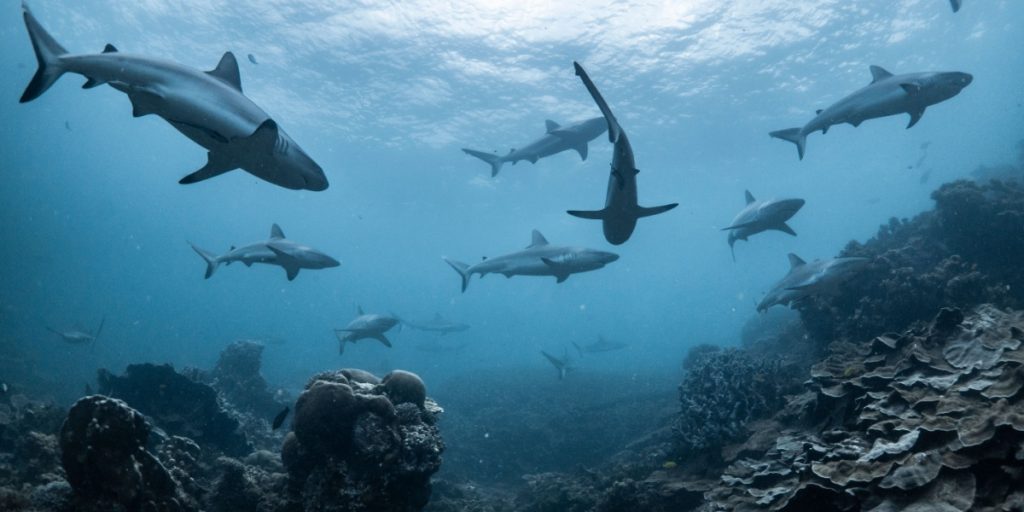Researchers have uncovered hundreds of fossilized remains from various shark species.
Others are reading now
5.4 kilometers down in the Indian Ocean, researchers have found hundreds of fossilized remains from various shark species—including the ancestor to one of the largest predators ever to patrol the world’s oceans.
Initially, Australian scientists believed they had hauled up a net full of muck and sediments from the bottom of the Indian Ocean off the western coast of Australia.
That changed when they took a closer look.
Inside the net, which had descended 5.4 kilometers below the sea surface, were no fewer than 750 fossilized shark teeth, some of which were several million years old and belonged to the ancestors of the ocean’s most formidable predators, including the Megalodon.
Also read
Ocean’s Largest Predator
This enigmatic shark graveyard was discovered by researchers from Australia’s national research agency, CSIRO, during explorations of two new marine parks about 2,500 kilometers off Australia’s West Coast.
The team behind the discovery explained that the 750 different shark teeth originated from a mix of both modern shark species such as great whites and the swift-swimming mako sharks, as well as from ancient sharks, including the direct ancestor of the Megalodon.
This prehistoric shark, which went extinct about 3.5 million years ago, could weigh as much as 18 adult male elephants.

Teeth as Sole Clues
Shark skeletons are made of quickly degradable soft cartilage; thus, their hard teeth are among the few relics available to piece together their approximately 450-million-year-long history on Earth.
The researchers offer no explanation for why so many predatory teeth have accumulated in the same geographical area.
One suggestion is that there may have been a depression on the ocean floor where these remains gradually collected over time.
According to the scientists, this discovery highlights how much there still is to learn about what occurs in the deepest and most inaccessible areas of the ocean floor.








